China approved 11.29 gigawatts (GW) of new coal-fired power capacity in the first quarter of 2025, surpassing the 10.34 GW approved in the entire first half of 2024, according to a new report released by Greenpeace on Thursday.
The sharp increase in approvals signals a renewed push for coal power, despite a significant 41.5% drop in coal project approvals in 2024, when total new capacity fell to 62.24 GW — the first annual decline since 2021.
“The year 2025 marks a pivotal moment in the country’s energy transition. There is already enough existing capacity to meet today’s peak demand. Approving a new wave of large-scale coal projects risks creating overcapacity, stranded assets, and higher transition costs,” said Gao Yuhe, climate and energy project manager for Greenpeace East Asia.
The Greenpeace report noted that while not all approved plants may be built, the increasing project pipeline suggests continued dependence on coal, which complicates China’s long-term emissions targets. The country has pledged to reach peak carbon emissions by 2030 and achieve carbon neutrality by 2060.
China’s state planner, the National Development and Reform Commission, and the National Energy Administration did not respond to Reuters’ requests for comment.
This year also marks the final year of China’s 14th Five-Year Plan (2021–2025), during which 289 GW of new coal capacity has been approved — roughly double the 145 GW sanctioned during the 2016–2020 plan.
Looking ahead, China has announced it will begin phasing down coal during the 2026–2030 plan period, though no specific reduction targets have been set. Greenpeace urged Beijing to adopt more ambitious carbon goals and provide a clear timetable for coal phase-out.
The organization also noted that emissions from China’s power sector could peak in 2025, as growth in wind and solar energy continues to outpace coal.
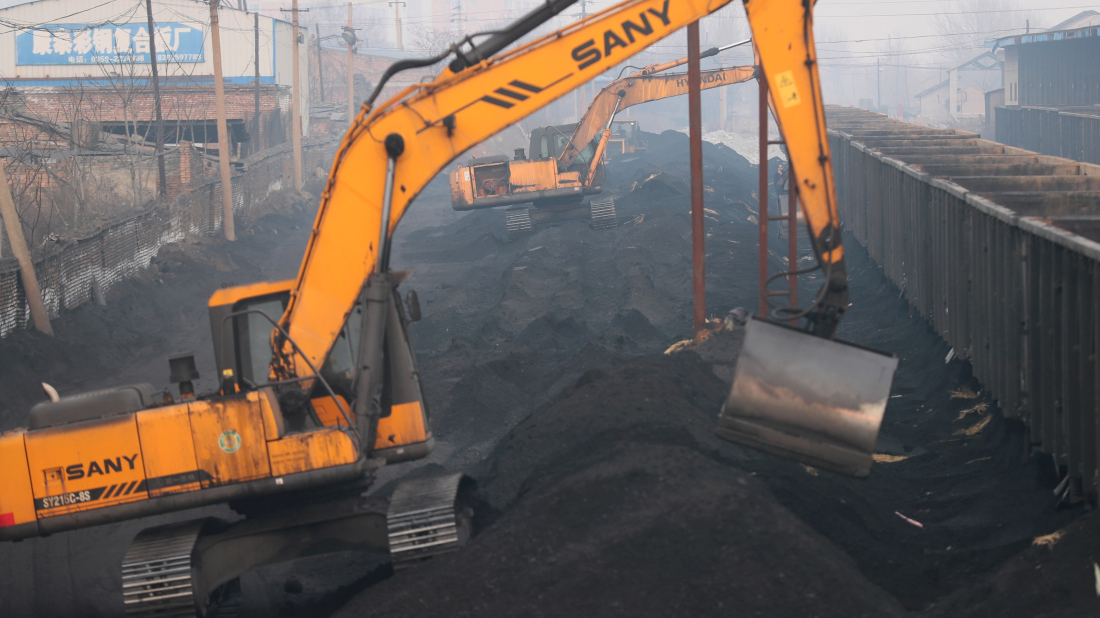
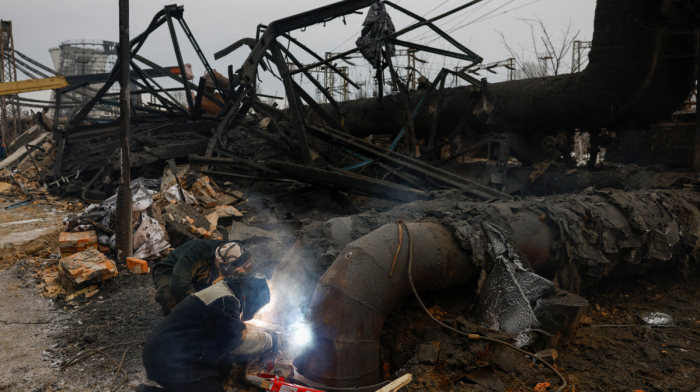

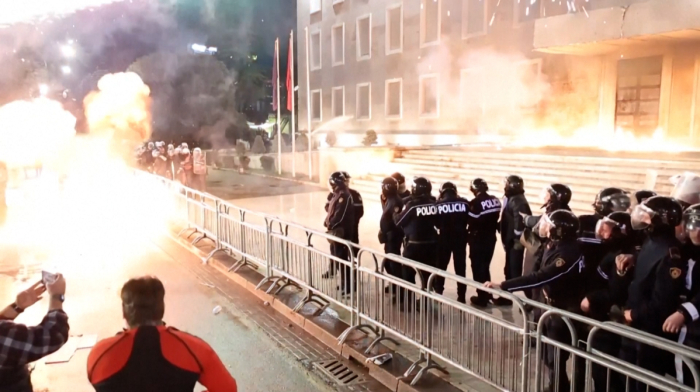




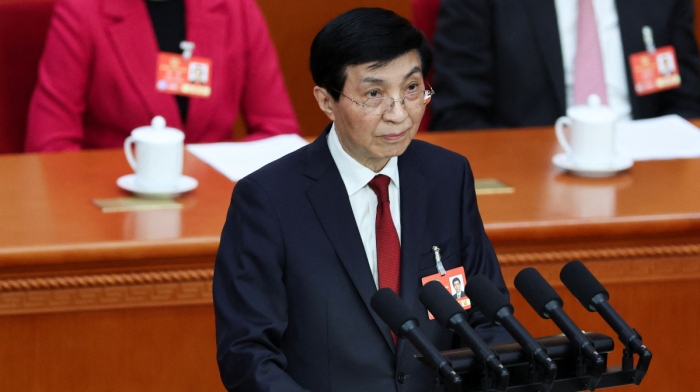

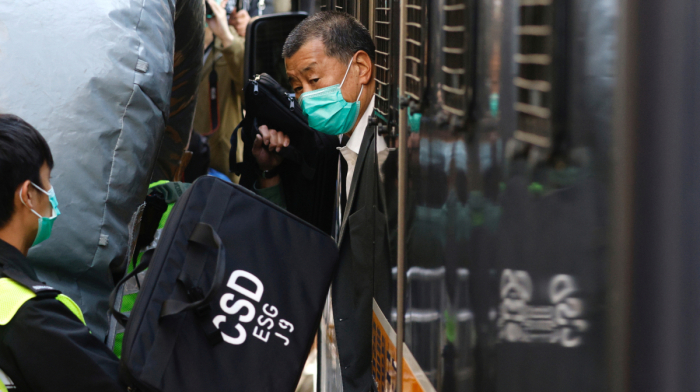












What is your opinion on this topic?
Leave the first comment